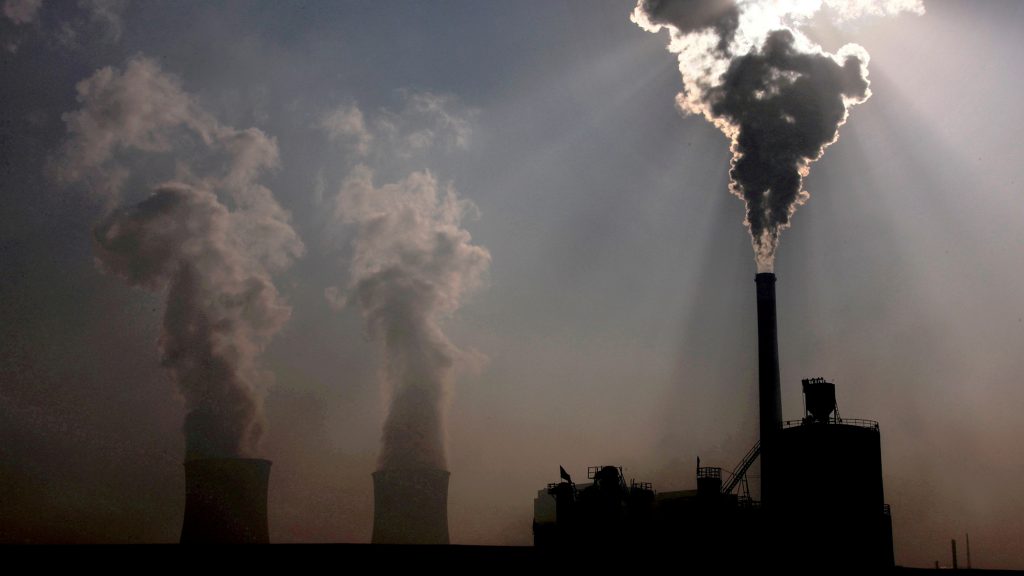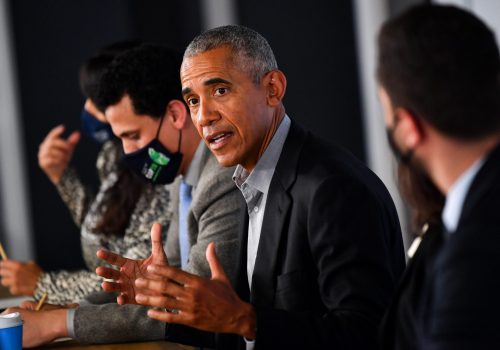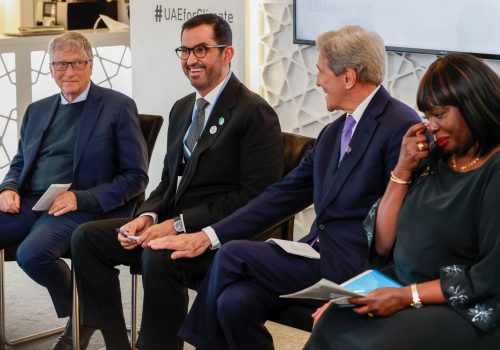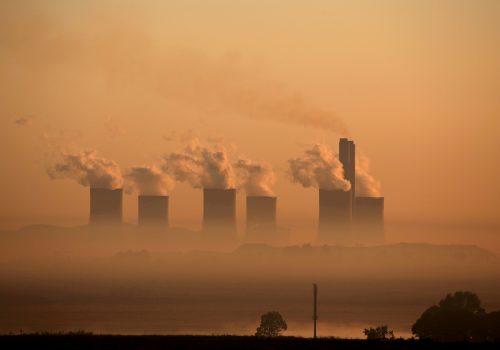On the fourth day of the United Nations Climate Change Conference of the Parties (COP26), host United Kingdom, which has already almost entirely phased out its coal power fleet, announced that forty-six countries had pledged to close their coal power plants, with richer countries committing to doing so in the 2030s and developing countries in the 2040s. This follows on the agreement last week by the Group of Twenty (G20) nations to stop financing overseas coal plants and the existing efforts of the Powering Past Coal Alliance, which has expanded to forty-eight countries with the addition of twelve new members mainly from Europe. Although the significance of Thursday’s announcement was limited by the non-participation of China, India, the United States, and other key coal-consuming and producing countries, several other key coal-burning countries did join.
Notable signatories of the non-binding pledge included Indonesia and Vietnam, the largest coal producers and consumers in the fast-growing Southeast Asia region. Indonesia is the tenth-largest emitter of energy-related carbon dioxide and the world’s second-largest coal producer, with an output in recent years that has even exceeded that of the United States. It is also the largest coal exporter, including shipments to both China and India. Vietnam, which relies on coal for half of its electricity, had announced before COP26 its plans to slow coal power development and turn to imported liquid natural gas as well as expand its renewable energy—especially wind—capacity.
The role of the Asia-Pacific, with 80 percent of world coal consumption and 77.5 percent of production, in the efforts to bend the coal curve is critical. Even with these pledges, new coal plants remain in the works to meet growing electricity demand, especially in China and India (which has proposed twenty-seven gigawatts’ worth). In Indonesia, the state utility PLN announced earlier this year that it would not build new coal plants after 2023; however, the fate of the thirty-five thousand megawatts of mostly coal plants in its current plans is unclear, especially given the recent pledges of China, Japan, and South Korea to stop financing new overseas coal units by the end of this year. Indonesia’s long-term energy plan calls for building coal plants with carbon capture utilization and storage—which is under demonstration at more than twenty commercial sites globally—but no such plants have yet been pursued in the country.
Given the relatively young age of coal plants in much of Asia, the issue is not just stopping new construction but also finding ways of retiring plants early or repurposing existing plants. In this regard, the Asian Development Bank (ADB) in cooperation with the governments of Indonesia and the Philippines launched an important new initiative on Wednesday. This “Energy Transition Mechanism” partnership involves ADB collaboration with the two governments, key donor countries (e.g. the United Kingdom, United States, Japan, and Denmark), and industry to mobilize financing in two multi-billion-dollar funds for repurposing existing coal units as well as developing clean energy alternatives. The president of the ADB indicated in his remarks that feasibility studies are underway with the target of identifying five to seven coal plants that could be repurposed. US Treasury Secretary Janet Yellen delivered a video message at the event in support of the initiative.
Another substantial concrete action was the $8.5 billion German, British, French, and European Union initiative to help South Africa, one of the world’s most coal-dependent countries (drawing more than 80 percent of its electricity from coal plants), transition from the fuel. Combined with the ADB effort and others, these initiatives are encouraging and represent important new examples of the type of cooperation with emerging and developing countries that will be necessary to curb emissions and help countries implement their national climate commitments.
Robert F. Ichord Jr. is a nonresident senior fellow in the Global Energy Center and former deputy assistant secretary for energy transformation in the Energy Resources Bureau.
Further reading
Sun, Oct 31, 2021
Experts react: Can COP26 negotiators sustain the momentum?
New Atlanticist By
Atlantic Council experts deliver insightful analysis on the COP26 developments that will matter most in the fight against climate change.
Wed, Nov 3, 2021
Can innovation save the planet?
New Atlanticist By Dan Peleschuk
Policy heavyweights Bill Gates and John Kerry and experts from the UAE and Kenya joined the Atlantic Council at COP26 in Glasgow, Scotland, to discuss the technological breakthroughs that can make a lasting impact on climate change.
Thu, Oct 14, 2021
For Africa to go green, the private sector must step up. Could COP26 provide an answer?
AfricaSource By
The continent possesses an abundance of renewable-energy-production capabilities—but capitalizing on its potential remains a challenge.
Image: A coal-burning power plant on October 31, 2010. Photo via REUTERS/David Gray.



